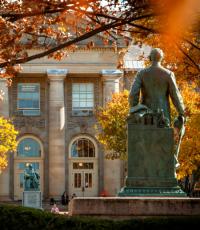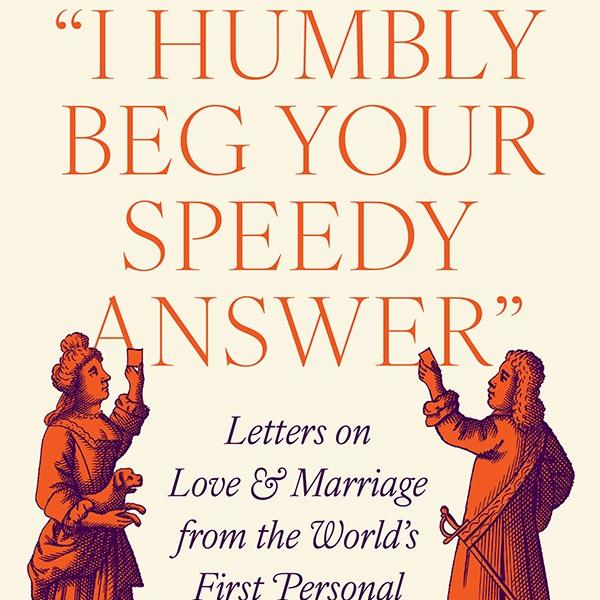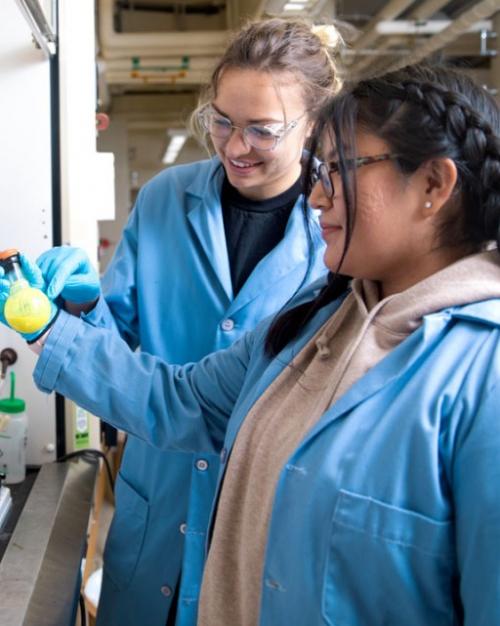A new program in the College of Arts and Sciences will support undergraduates working on research projects with faculty members over the summer.
The Nexus Scholars program, funded by nearly $5 million in philanthropic support, will leverage the student-to-faculty ratio and the vibrant research enterprise in A&S to expand opportunities for students, while also enhancing the culture of collaborative scholarship at Cornell.
“We have positioned the College of Arts and Sciences as the nexus of discovery and impact, and the Nexus Scholars program embodies that ethos very well,” said Ray Jayawardhana, the Harold Tanner Dean of Arts and Sciences. “Being part of a research endeavor as an undergraduate can be a life-changing experience. This ambitious new program expands the opportunities for our students to participate in front-line research and make discoveries alongside our faculty.”
Along with the eight-week paid summer research experience, Nexus Scholars will also take part in professional development workshops, career exploration events and have the chance to join a cohort of students who are similarly passionate about research.
The Nexus Scholars website will showcase a host of research opportunities across the humanities, social sciences, natural sciences and math. Undergraduate students will be able to explore the projects listed on the website, as well as others through their own inquiries, and apply for support. Program staff will help match faculty and students.
The program will help solve a problem for undergrads who may never have done research before. “Many students don’t know how to find a faculty mentor or how to ask about summer research,” said Michelle K. Smith, senior associate dean for undergraduate education in the College and the Ann S. Bowers Associate Professor in the Department of Ecology and Evolutionary Biology.
It will also be a boon to faculty, especially faculty who don’t already work with undergraduates.
“Most humanities faculty are used to solitary work in archives or conducting oral histories. They love working closely with undergraduates, but are often unsure about how to involve them in their projects,” said Tamara Loos, professor and chair in the Department of History (A&S). “The Nexus Scholars program offers historians and other humanists the chance to involve undergraduates in their research by teaching them how to conduct and transcribe oral histories, how to conduct historical research in digitized newspapers about race relations or the U.S. reportage on the Vietnam War and how to curate public history exhibits.”
David Pizarro, associate professor of psychology in A&S, will be the inaugural faculty director of the program. He said the program will help students who don’t know how to get involved in research or who might be intimidated to reach out to a professor to join their team.
“We hope that the Nexus Scholars program can remove some of these barriers, enrich the educational experience of our students, and make a positive contribution to the research community at Cornell,” Pizarro said.
The program is open to all A&S students, and administrators hope it will reach first-generation college students, students from underrepresented minority groups and female students interested in science and math.
The program is made possible through a number of alumni gifts, including from Elaine Wong ’97 and Fritz Demopoulos.
“More diverse and creative thinking in the sciences will undeniably lead to substantial gains in our understanding of the physical world,” Wong said. “Encouraging young women at Cornell to academically explore and eventually pursue science-centric careers will certainly contribute to that vision.”
Kathy Hovis is a writer for the College of Arts and Sciences.
Read this story in the Cornell Chronicle.




